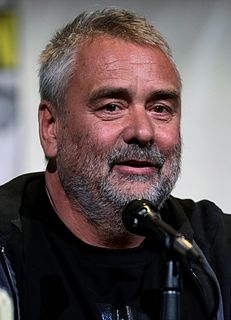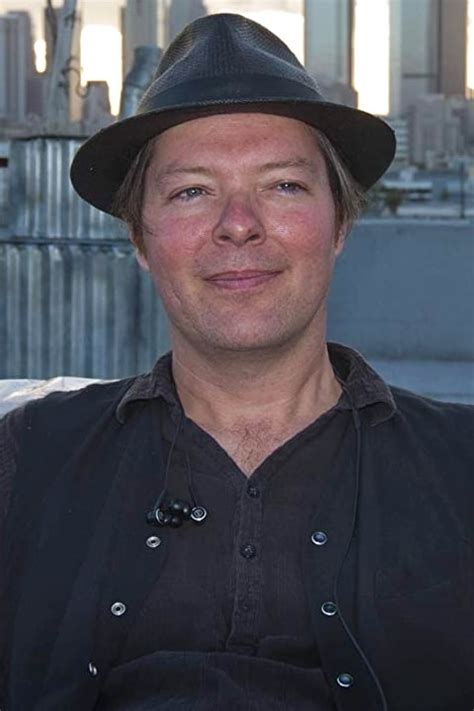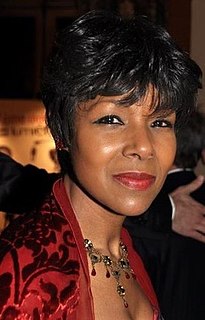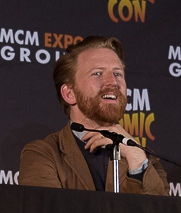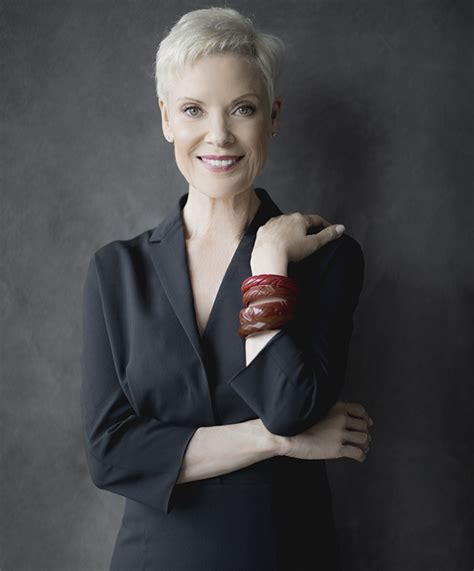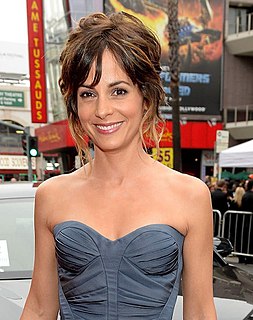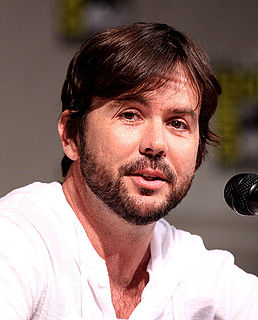A Quote by Marisa Tomei
All of us have read the stories about young people in Hollywood and all the challenges they have to confront there, and I think that artistically, I really didn't understand the commercial side of the film business, so I went back to a purely artistic setting.
Related Quotes
I think what Laura Linney was saying about teaching her all the lessons as a child actor, right, that's a whole ball of wax. That's a really mixed bag of stuff. I look at so many people that I knew personally or didn't know personally but who have ended badly, have died young, have been destitute - there are a lot of bad child-actor-gone-wrong stories, a very high percentage, but I think the thing about it is that a lot of those are Hollywood stories, and you don't have that same kind of a thing in the theater.
I left film because I felt that photography was my art. It was something I could do on my own, whereas film was so collaborative. I thought as a photographer I could make something that was artistic and that was mine, and I liked that. And it wasn't until I got back into film and I have very small crews and I could do very tiny filmmaking that wasn't 100 people that I still felt that I was making something artistic as a filmmaker. So, you know, I'm an artist, and whether it's photography or film, I want my voice to be there and I think my voice is very strong in this film.



